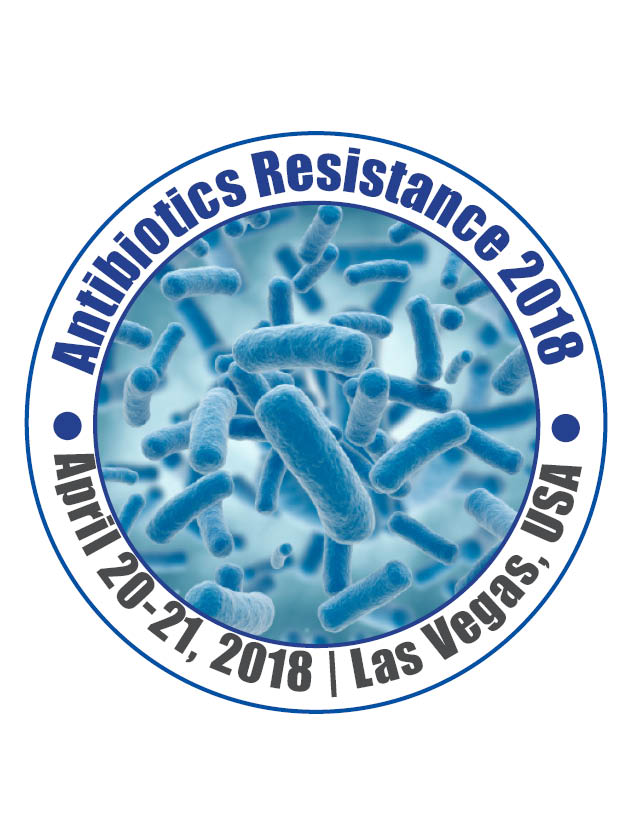
Alessandro Pini
University of Siena, Italy
Title: The preclinical development of a novel antimicrobial peptide with strong antibacterial and anti-infl ammatory activity, systemic and pulmonary delivery with nanoparticles
Biography
Biography: Alessandro Pini
Abstract
The peptide SET-M33 is currently under preclinical development for the setup of a new antibacterial agent against the most important Gram-negative pathogens (Brunetti et al. 2016, Sci Reports). It is a synthetic molecule produced in tetra branched form, that makes the peptide particularly stable for in vivo use. SET-M33 has a potent activity against a large panel of Gram-negative bacteria, with MIC90 below 1.5μM for multi resistant strains of Pseudomonas aeruginosa and Klebsiella pneumoniae. Its mechanism of action involves LPS binding and membrane permeation (van der Weide et al. 2017, Biochim Biophys Acta). In in-vivo models of P. aeruginosa infections the peptide enabled a survival percentage of 60-80% in sepsis and lung infections when injected I.V or by nebulization. Th e peptide is also able to neutralize LPS thus inhibiting the expression of infl ammatory cytokines. Th is produces a strong anti-infl ammatory eff ect as demonstrated in vivo in models of pulmonary
infections (Brunetti et al. 2016, J Biol Chem). Plasma clearance, biodistribution, acute toxicity, synergistic activity with traditional drugs, and resistance selection profi les in comparison with molecules already used in the clinical practice, have been evaluated. The conjugation of SET-M33 to nanoparticles based on diff erent carriers (dextran, poly-lactide-co-glycoside, and others) is under evaluation for the improved delivery and slow release of the molecule administered by aerosol or systemically. Preclinical tests including ADME, safety pharmacology and manufacturing processes are in the last stages of development, thus SET-M33 is expected to enter into clinical trials in the next 18 months.

